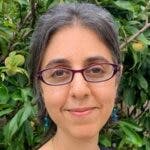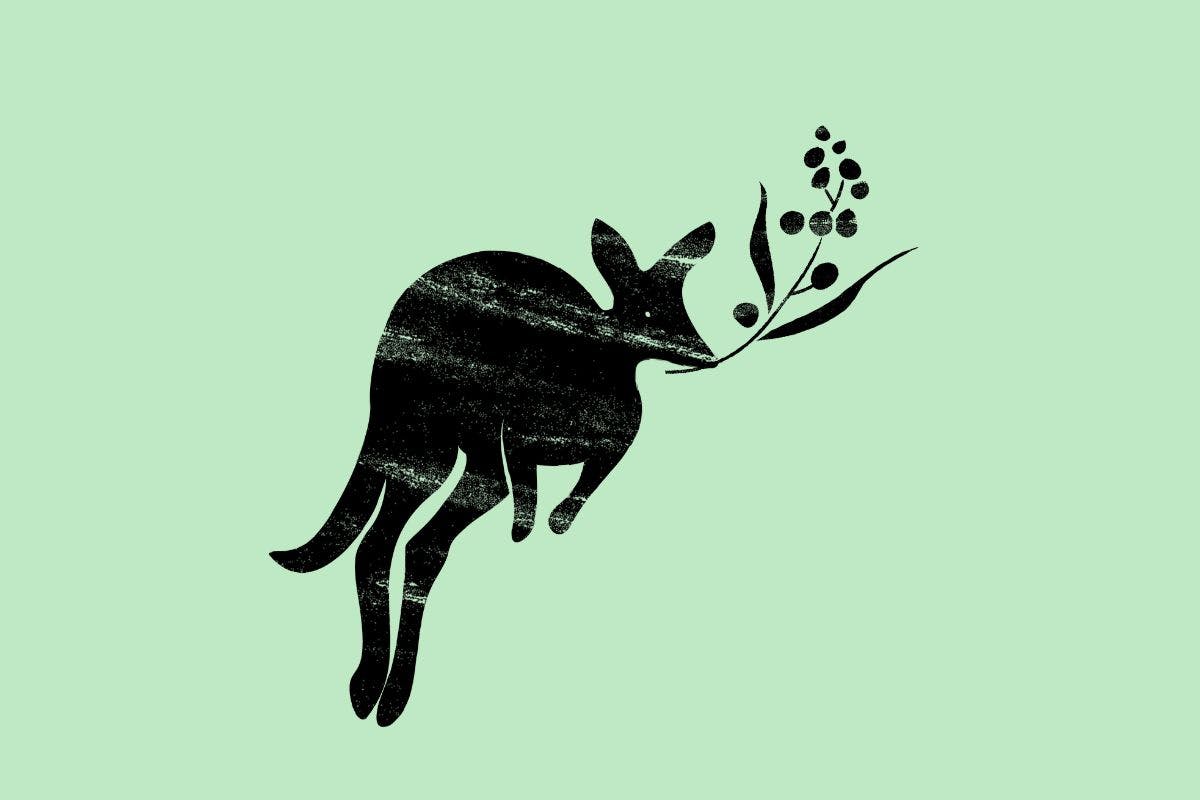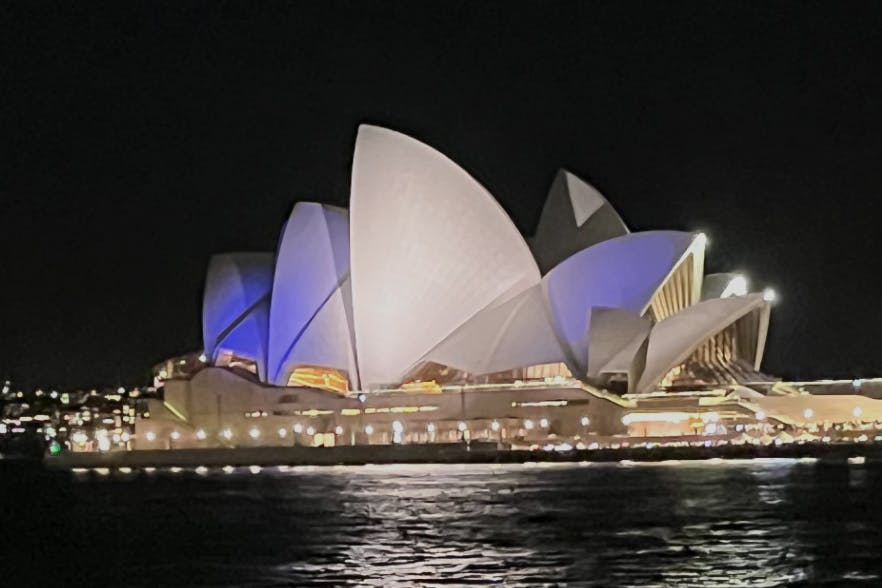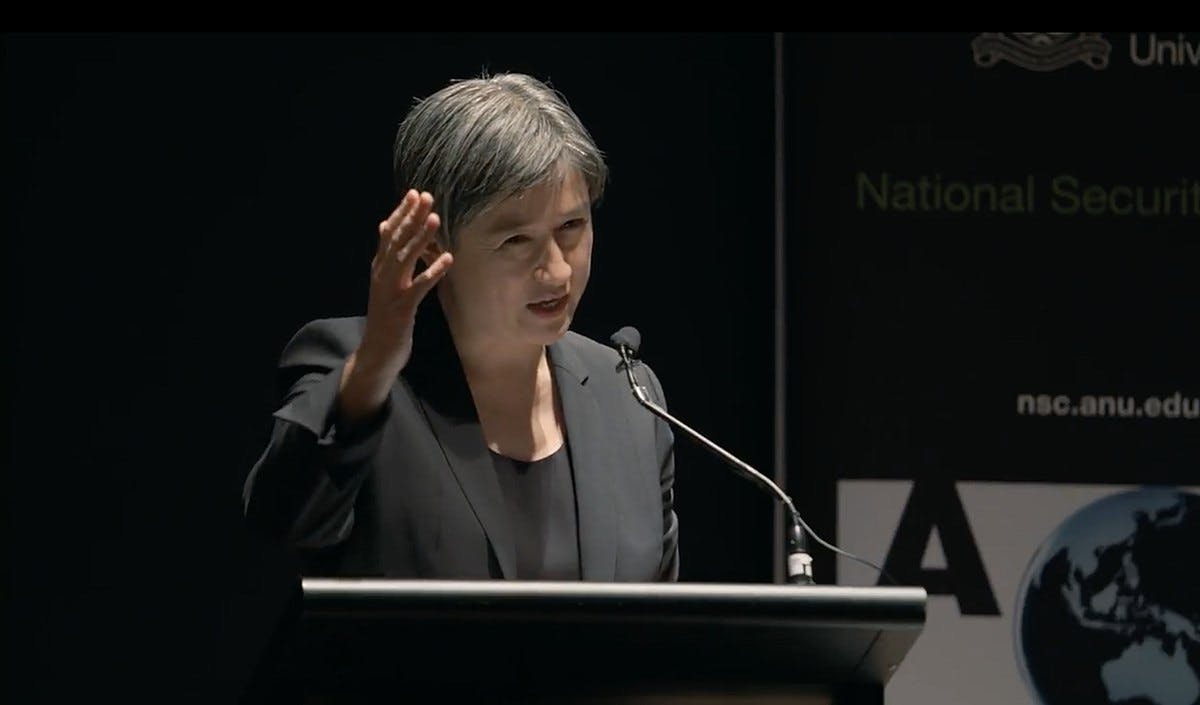Published: 8 November 2022
Last updated: 5 March 2024
I once feared that I let my daughter down by not sending to her to a private Jewish school. But six years later, I'd like to dispel the myth.
A little over six years ago, I was agonising over which high school to send my eldest to. Should my husband and I accept the partial scholarship she’d been awarded to a Jewish day school, or take up a place in the selective stream at our local public school? It was such a dilemma that I started writing about it to help me decide; my words eventually formed an article which was published in Sunday Life magazine.
My article framed our choice as mostly financial; one between free education and the “abyss of private school fees”. But there was another factor, one I didn’t include in my story: if we chose public, then our daughter would miss out on the immersive experience of a Jewish school – from little things, like wearing fancy dress on Purim and having kosher hot dogs at school BBQs, to bigger ones, like learning Jewish history and mixing with Jewish peers.
Most importantly, I wanted my daughter to have the same sense of community and connection that day school had given me. In the end, though, we decided on public. And with our firstborn having just finished HSC, I’ve been reflecting on that decision.
I know that when choosing a high school, there’s no one-size-fits-all, no perfect solution. But for those of us who may feel guilty that we’re doing our kids a disservice by sending them to public school – as though Jewish day school is like flying first class while public is like being squeezed into economy – I’d like to dispel that myth.
For those who may feel guilty that Jewish day school is like flying first class while public is like being squeezed into economy – I’d like to dispel that myth.
It’s true that private, Jewish schools have facilities and equipment that public schools don’t – from swimming pools to fancy auditoriums to student IT support – and there are massive problems with the public school system, such as inadequate funding, short staffing, and classrooms without air-conditioning. But choosing public school was the best decision for our daughter and our family.
For starters, there’s the fees. In 2022, Year 12 at Moriah cost an eye-watering $38,450. (And that’s for one child, for one year of school.) Emanuel Year 12 was significantly lower at $27,380 – if you can get a place there. In contrast, our daughter’s Year 12 fees, including an optional, tax-deductible, $50 donation to the school’s library fund, totalled $695. The chasm is so deep it’s shameful; no wonder a Gonski-led review found that the exorbitant cost of Sydney’s Jewish schools is a threat to their sustainability.
It's also worth bearing in mind that school fees only get you in the gate. When you move in more affluent circles, everything becomes more expensive – kids’ birthday presents, gifts for teachers, laptops, school trips. But even leaving aside the money issue, public school has had major plusses for our girl.
Even in primary school, our daughter struggled with early starts (full disclosure: she was diagnosed with ADHD in Year 9). I suspected that sending her to a high school with a short commute and a 9am start would make life easier for our family – and I was right.
This was especially true as her circadian rhythms shifted, as is normal during adolescence, and she naturally began to want to go to bed later and wake up later.
Worldwide, there have been arguments for later high school start times to accommodate teenagers’ need to sleep later (and the corresponding impact that waking up early for school has on teens’ mood and learning).
But Jewish high schools, with compulsory morning prayers, start early. Moriah, for example, begins at 7.55am (with before-school activities often around 6.30am); Emanuel at 8.15am. In contrast, my daughter’s more leisurely mornings, absent the “hurry up or you’ll be late” shrieks of my high school years, have created priceless shalom bayit, peace in our home.
My daughter has also benefitted from the range of subjects on offer at her public school (electives on offer when she was in Years 9 and 10 included philosophy, film, marine biology, and dance), and the strong focus on the creative and performing arts.
Perhaps the biggest benefit of public school is the diversity of the student population. There’s a flipside to the sense of belonging that a Jewish day school can provide. And that’s conformity.
For students whose strengths may not lie in the Holy Trinity of Maths-English-Science – and even for those who do – the film room/drama studio/multimedia room can be a sanctuary. Yet options for creative and performing arts subjects tend to be more limited in smaller, Jewish schools where Jewish Studies and/or Hebrew are compulsory.
As far as teachers go, my daughter had her share of lousy ones. But overall, especially in her senior years, her teachers were outstanding. So much so that the other day, she announced, “If I ever write a book, I’m going to dedicate it to my Year 12 English teachers”.
The strong bond between her Class of ’22 and their teachers was evident at their recent Year 12 graduation, where many former teachers, who have since left for other schools – including their ex-year adviser, who now lives some five hours’ drive away – came back to celebrate their old students’ secondary school finish.
But perhaps the biggest benefit of public school is the diversity of the student population. There’s a flipside to the sense of belonging and community that a Jewish day school can provide. And that’s conformity.
With Jewish schools being unaffordable for so many families, the day school population is very homogeneous. Of course, some parents make massive sacrifices to send their kids to Jewish schools. But for the most part, these students come from affluent backgrounds. Add to that a school culture where everyone (or almost everyone, depending on the school) is the same religion (which, of course, is one of the selling points). And there’s not much room for a teenager like mine: an anti-skirt-wearing, pink-haired, septum-pierced, anti-capitalist, not-sure-she-believes-in-God, out-of-the-box thinker.
Admittedly, it’s hard to know if this is nature or nurture. While I accept that she’s at least partly the result of her more laissez-faire high school experience, my gut tells me my girl wouldn’t have lasted long at day school.
My daughter has a strong Jewish identity, fostered at home and through extended family. She can read Hebrew, albeit slowly, we’ve visited Israel as a family, and she’s planning to go on Yalla program during her gap year.
But what about her Judaism?
My daughter has a strong Jewish identity, fostered at home and through extended family. She has a deep knowledge of her Sephardi and Ashkenazi heritage and culture, accumulated over years of weekly Shabbat dinners, Pesach Seders and Rosh Hashanah celebrations.
She can read Hebrew, albeit slowly, we’ve visited Israel as a family, and she’s planning to go on a Yalla program to Israel during her gap year. Will I have Jewish grandchildren? Honestly, I don’t know. And I have no clue what her ATAR will be. But I have no regrets.
My gorgeous girl is kind and curious; independent and resilient – much more than I was at her age. While the past six years haven’t been all unicorns and rainbows, she’s flourished at her school, and I’m incredibly grateful for the instruction and support she’s received from her remarkable, dedicated teachers.
I’m not suggesting that public school is for everyone. Indeed, our younger child is in Year 8 at a Jewish school. We chose a different high school for him as he’s a different kid to his sister, with different needs, and we didn’t think he’d thrive in the more hands-off, public-school environment. While the financial burden is enormous, his day school seems like a good fit so far.
Yet I didn’t, as I once feared, let my daughter down by not sending to her to a private Jewish school. On the contrary, her public school education has, in so many ways, been the most valuable of gifts.




